
PRESS RELEASE
Parliament has been called upon to develop measures to purge itself of the negative perception of corruption and to be seen to be at the forefront of the fight against corruption, using the tools at its disposal.
Hon. Fritz Baffour, Member of Parliament for Ablekuma South, who made the call, added that the oversight role of Parliament, which included the monitoring and evaluation of government activities and programmes, with the aim of ensuring timely and effective implementation, was one such tool that Parliament could use to fight corruption.
He said a national legislation could be developed to fight corruption if government and the citizenry collaborated to pursue such an agenda, adding that Parliament required adequate logistics and resources to support the drafting of more efficacious and effective anti-corruption laws.
Furthermore, he said, Parliament should apply urgency in passing anti-corruption legislations before it and, through self-regulation, ensure that it remained a crediblebastion against the canker of corruption without fear or favour.
Hon. Baffour also stressed the need for Parliament to be resolute in supporting the enforcement of such legislation and eschew partnership and cronyism in the pursuit of that objective.
He was speaking at a meeting of the Ghana Monitoring and Evaluation Forum (GMEF) in Accra yesterday.
The GMEF is a network of public-spirited individuals who promote the use of Monitoring and Evaluation (M&E) in policy planning and program implementation.
GMEF's objectives are to share insights and experiences in M&E, support continued M&E education, promote evidence-based decision-making and establish a national M&E repository.
Membership of the Forum comprises development organizations, M&E practitioners, as well as public and private sector professionals and organizations.
Mrs Dede Bedu-Addo is the National Co-ordinator of the GMEF.
The Forum took place on the theme: 'Using M&E to fight Corruption'.
In a presentation, Ms Linda Ofori-Kwafo, Executive Secretary of the Ghana Anti-Corruption Coalition (GACC), said monitoring and evaluation were necessary to track the use of the resources and progress and to minimize corruption.
Ms Ofori-Kwafo said M&E ensured effectiveness, efficiency and value for money and, thereby, contributed to the achievement of improved development.
She said the Right to Information law would ensure the availability of quality information for effective M&E.
Speaking on the topic: 'How Can Legislation On National M&E Be Used As An Effective Anti-Corruption Tool?' Mr Richard Quayson, Deputy Commissioner,Commission on Human Rights and Administrative Justice (CHRAJ), said one way to objectively measure the steps the State was taking to eradicate corruption was a robust and mandatory M&E mechanism that was able to produce accurate and timely reports for decision making.
Mr Quayson described M&E as the driver of the National Anti-Corruption Action Plan (NACAP), adding that a National M&E Mechanism that was mandatory and had the backing of legislation had more chance of succeeding than one that largely depended on the goodwill and co-operation of persons who had the duty to report.
He said a National M&E Mechanism would help improve performance outcomes; improve delivery, performance and commitment; ensure public officer and ministerial accountability; and institutionalize government-wide M&E.
Furthermore, he said, the mechanism would ensure an upward shift in both public and private administration; appeal to citizens and enhance public confidence as well as send a zero tolerance massage to aspiring public and private administrators.
In her remarks, the Chairman for the occasion, Dr Edith Tetteh, said all citizens had a role to play in the fight against corruption.
Dr Tetteh said Monitoring and Evaluation should be made to be a reality in stemming the tide of corruption and not be a mere rhetoric.
Source: ISD (G.D. Zaney)
Read Full Story

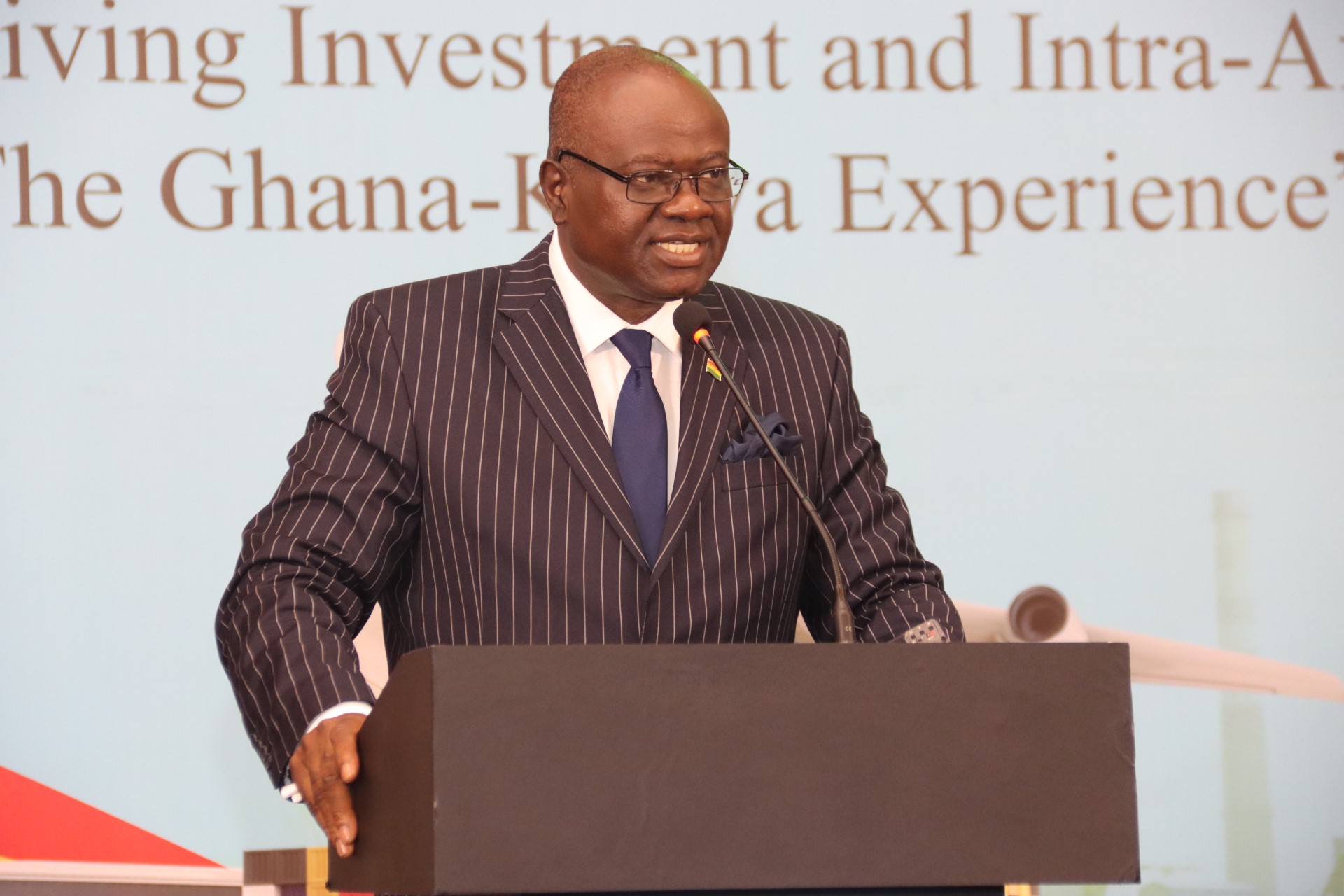
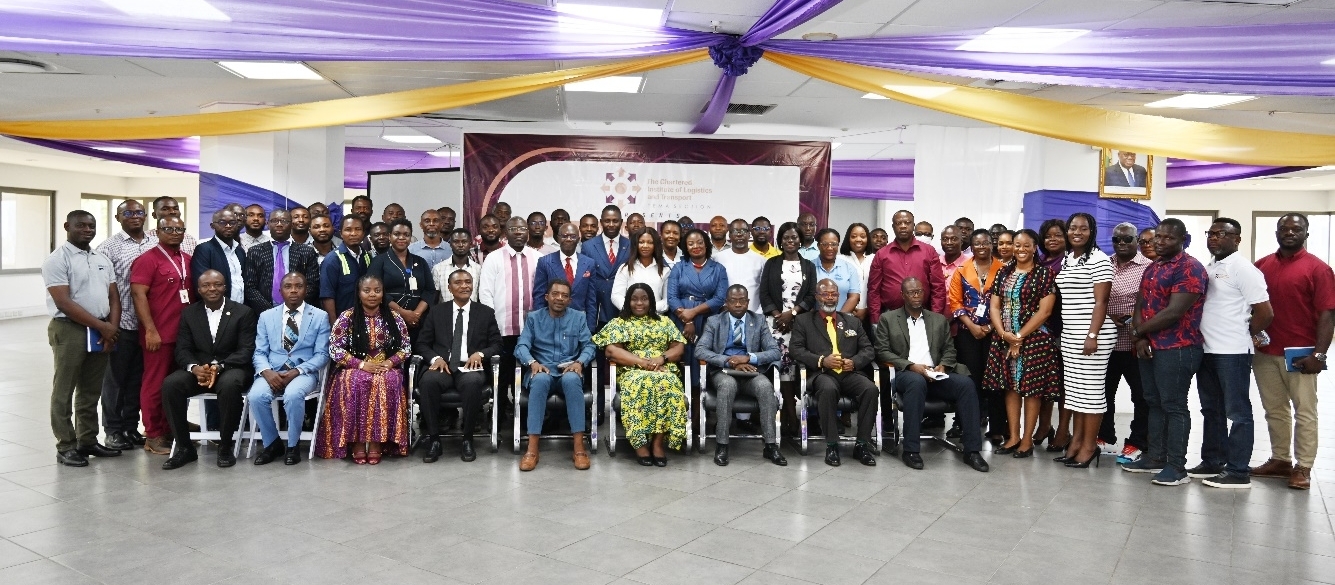



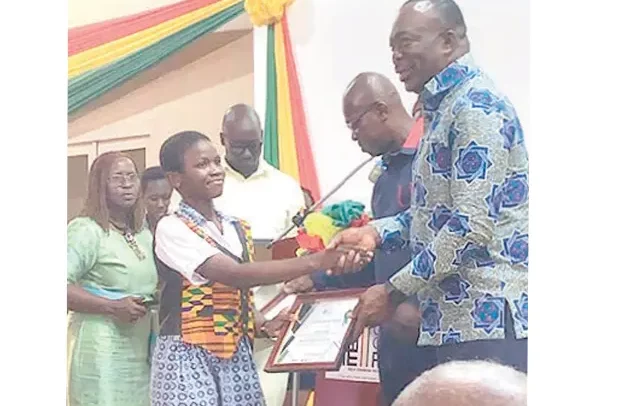











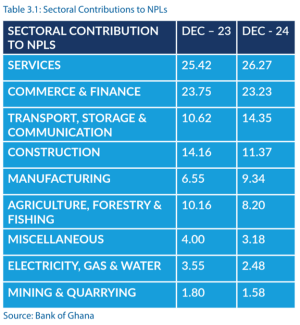
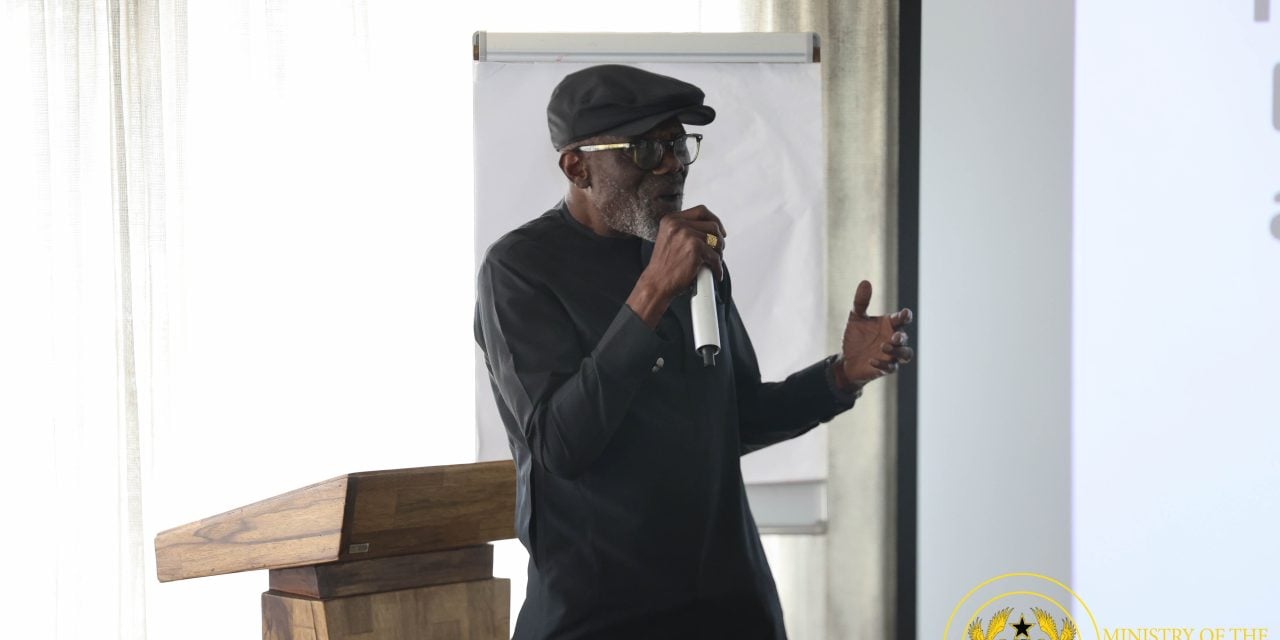
Facebook
Twitter
Pinterest
Instagram
Google+
YouTube
LinkedIn
RSS